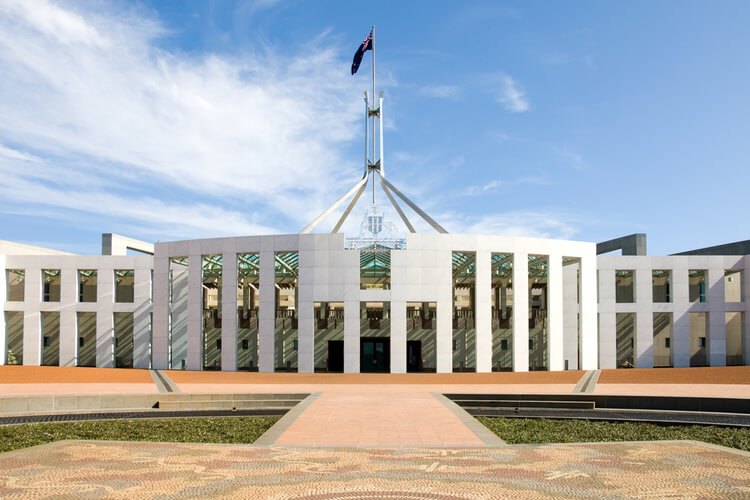The Australian government has introduced legislation to Parliament to implement a new string of tax measures to prevent multinationals from profit shifting.
26 June 2025
New Broker Academy 2025
Uncover a new world of opportunity at the New Broker Academy 2025If you’re ready for a career change and are looking...
KNOW MORE
 Login
Login






